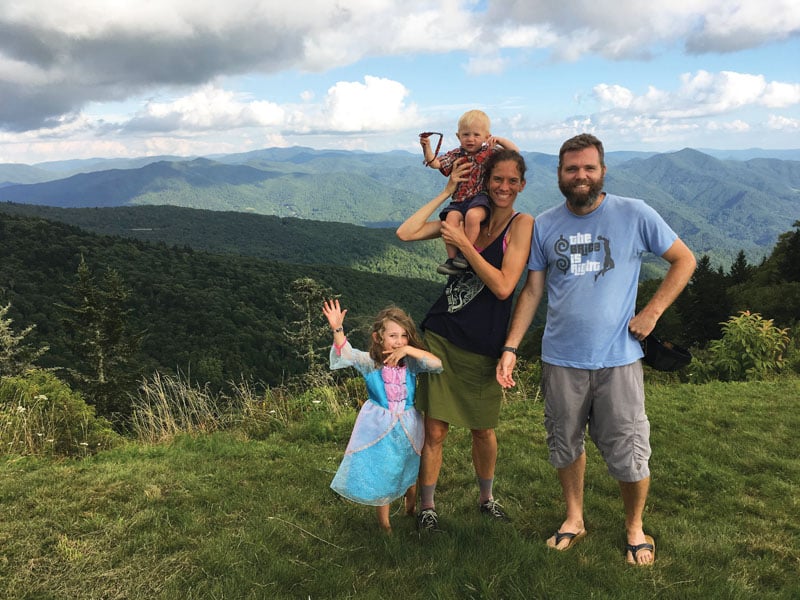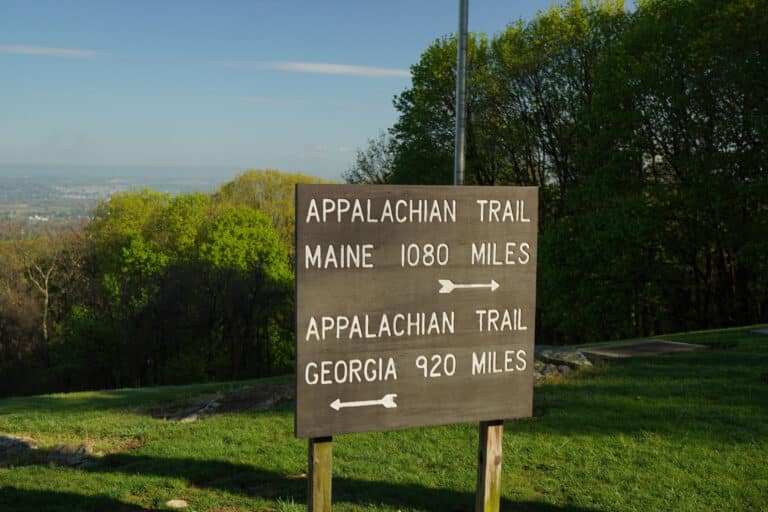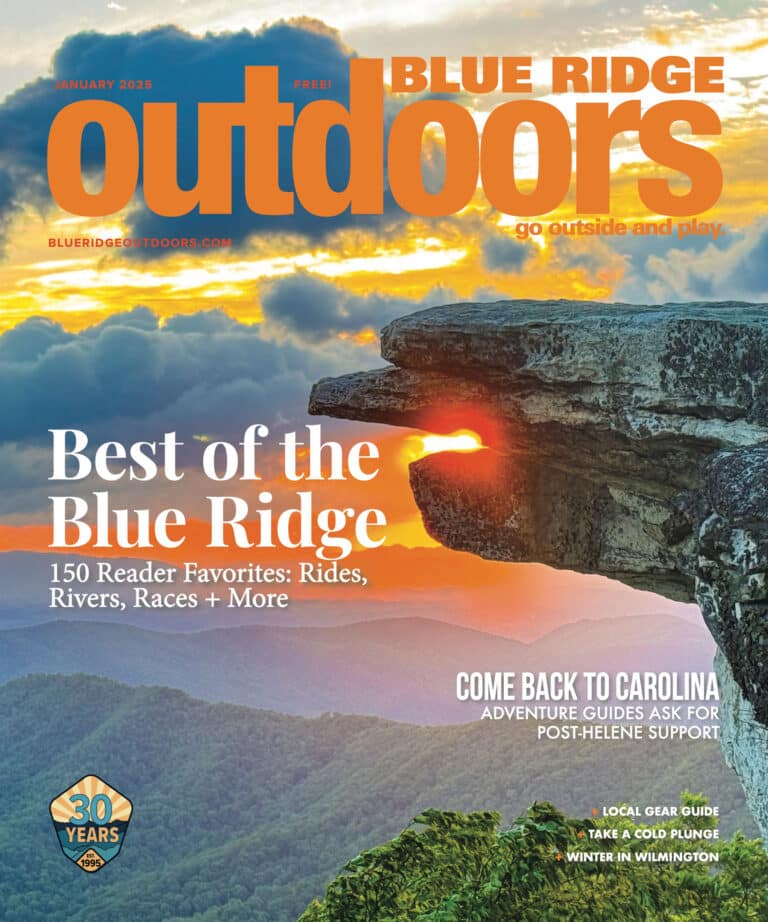When you reach the finish line, sign onto social media, or visit the local hangout in an outdoor town, adventure jargon tends to be the same. You hear repetitive phrases about epic pursuits: “ah man, you should have been there,” “we slayed that course,” “it was insane…” “off the hook…” or as the uber cool kids say—“it was dank.” But there’s one thing missing from modern outdoor adventure: honest reflection.
As outdoor athletes and recreationalists we love to push boundaries, but when we discover those limits and need to take a step back it can be difficult to process, let alone discuss. This past fall I hiked across the state of North Carolina on the 1,175 mile Mountains-Sea-Trail. But I wouldn’t do it again—at least not in the same manner.
To be clear, I loved the actual trail and the hiking experience. My hesitation going into it was that I would not enjoy or appreciate a route that was actively being built and is connected by 500 miles of road. I was wrong. It was incredible to be one of the first 100 hikers to complete the full length of the MST. Like holding a newborn baby during the first few months of life, there’s something intimate and exceptionally sweet about being one of the first thru-hikers to finish a particular long trail.
Speaking of children, this was a family affair and I was also anxious about how my kids would fare. That’s one reason why my husband Brew and I decided we would only hike as a family when and where it was appropriate. Our plan was to spend the early mornings and evenings together, but during the day I would walk alone.
When we began our three-month migration across North Carolina, my daughter Charley was four years old and my son Gus was just shy of a year. I wanted nothing more than for my children to enjoy the experience of being a family of nomads: spending time every day in nature, building memories together, and learning important life lessons from the people and the land of their home state. And in that sense, our journey exceeded my expectations.
Charley learned about Cherokee culture near Great Smoky Mountains National Park; she rode shotgun in a tractor turning up sweet potatoes in Sampson County; and she voluntarily picked up trash on North Carolina beaches in an effort to protect the sea turtles. She gained an education that won’t be offered in kindergarten.
Gus, on the other hand, was held or chased down by a myriad of friends and strangers. He was loved by people—and he gave love to people—from different backgrounds, ethnicities, and beliefs. He’s more joyful and trusting than he would be if he hadn’t spent a fourth of his life in the arms and homes of people he’d never met.
When we were packing up our camping gear, toys, and bags of clothes for the start of the adventure, I wasn’t worried about my husband or my marriage. But the second day of our hike we rushed Brew to the Emergency Room in Cherokee with pain in his chest. He had a condition called pericarditis. It can be really serious but it’s also easily treated with medication and, thankfully, has no lasting side effects. So, hours after the diagnosis I was back on the trail. Brew wanted me to hike. In fact, he insisted that I continue. But I regret walking away from my husband.
I should have stayed put that day, perhaps for several days or even weeks, to make sure he healed up well. But at the time, Brew and I both felt like I needed to keep hiking. The culture of adventure is to push through pain, not stop for it. There is also a pressure that comes with adventure. It’s both internal and social, and it tells us that quitting in the middle of the woods—where no one is present and no one is watching—will look horrible.
As difficult as the beginning of the hike was for Brew in a physical sense, the greater challenge came from the emotional strain of handling logistics, caring for our young brood, and watching me leave each morning to live out my dream—and his. He would love to hike the Mountains-to-Sea Trail someday. I took it for granted that the man who helped me set a Fastest Known Time on the Appalachian Trail, the hands-on father who loved spending time with his kids, would have no trouble supporting me and our offspring on this adventure. But it was too much.
Over the course of three months, I saw my husband bottle up stress and unleash it. We spent evenings crying together and other nights far apart. I’ve seen adventures, mountains, trails, and rivers tragically claim lives, but I have also observed them end marriages and separate families. I love adventure, but my outdoor identity and status does not mean as much to me as Brew, Charley, and Gus do.
We will not undertake another journey similar to the Mountains-to-Sea Trail. It’s not healthy for our family. We found our limits and it’s time to take a step back. There are amazing individuals scaling mountains and completing long trails with young—sometimes very young—children. But all families are different, all individuals are different, and it’s important to remember that we can draw inspiration from other people without comparing ourselves to them. Everyone has their own sweet spot for adventure and it shifts over time. My plan is to take on some more ‘rad,’ ‘ripe,’ ‘lit’ long trails in a decade or two—with my husband.








